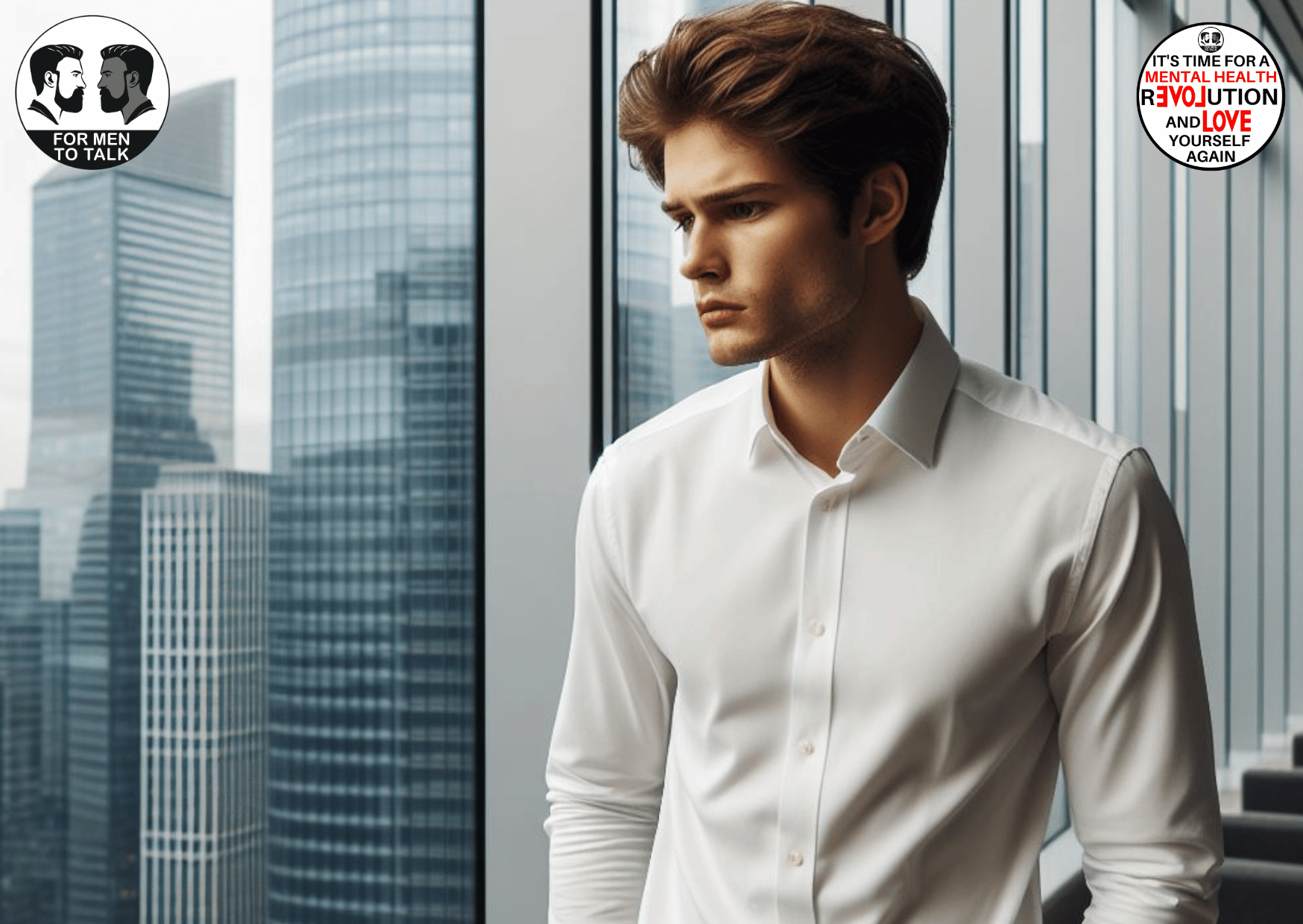Navigating the shadows: Agoraphobia’s impact on men

Agoraphobia, a complex anxiety disorder, is often misunderstood and misrepresented in popular discourse. While it affects individuals of all genders, its impact on men is a subject that deserves more attention. This blog aims to shed light on the unique challenges men face when grappling with agoraphobia, exploring the stigma, societal expectations, and the often overlooked emotional toll.
Understanding Agoraphobia:
Agoraphobia is characterised by an intense fear of situations where escape might be difficult or help unavailable in the event of a panic attack or other distressing symptoms. While the triggers can vary, common situations include crowded spaces, open spaces, public transportation, and unfamiliar environments. Men, like anyone else, can develop agoraphobia due to a combination of genetic, biological, and environmental factors.
Stigma Surrounding Male Mental Health:
One significant challenge men with agoraphobia encounter is the stigma surrounding mental health. Societal expectations often dictate that men should be strong, stoic, and unyielding in the face of adversity. This ingrained masculinity can make it difficult for men to acknowledge their struggles with mental health, let alone seek help. The fear of being perceived as weak or vulnerable can contribute to delayed diagnosis and treatment, exacerbating the impact of agoraphobia.
Societal Expectations:
Agoraphobia can clash with traditional male roles, creating internal conflict and further exacerbating symptoms. Men are often expected to be the providers and protectors, but agoraphobia can limit their ability to fulfill these roles, leading to feelings of inadequacy and guilt. The pressure to conform to societal norms may prevent men from seeking assistance, as they fear being judged or alienated for not meeting these expectations.
Emotional Toll:
The emotional toll of agoraphobia on men is profound. The disorder can strip away a sense of independence and control, leaving men feeling helpless and isolated. The inability to engage in typical activities, such as socializing, working, or even leaving the house, can lead to a spiral of depression and anxiety. The fear of judgment from others can intensify feelings of shame and embarrassment, hindering the pursuit of treatment and support.
Seeking Help and Breaking the Stigma:
Overcoming agoraphobia requires a multi-faceted approach that includes professional therapy, medication, and a support system. Breaking the stigma around male mental health is crucial to encourage men to seek the help they need. It’s essential to promote open conversations, normalising the idea that seeking assistance is a sign of strength rather than weakness. By fostering a supportive environment, we can empower men to confront agoraphobia head-on and dismantle the barriers preventing them from seeking treatment.
Conclusion:
Agoraphobia’s impact on men extends beyond the confines of the disorder itself, reaching into the realms of societal expectations and emotional well-being. To address this issue, we must challenge stereotypes, encourage open dialogue, and create an environment where men feel comfortable acknowledging and addressing their mental health struggles. By doing so, we can pave the way for a more compassionate and understanding society that supports individuals on their journey to overcoming agoraphobia and reclaiming their lives.